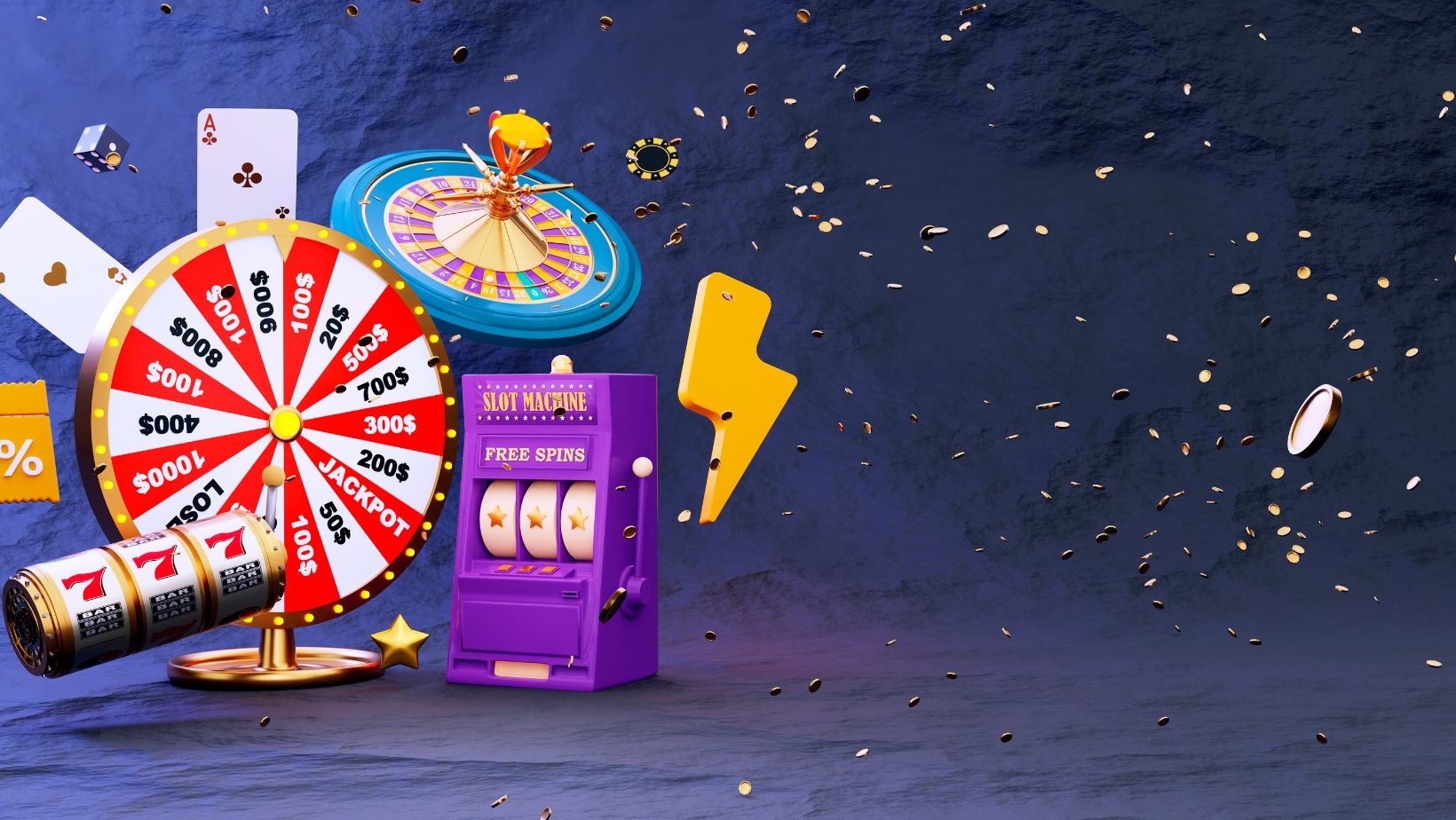The digital entertainment landscape has exploded over the past decade, with online casinos becoming increasingly mainstream. What was once a niche corner of the internet has transformed into a thriving industry with countless options. The problem? Not all platforms are created equal. While many operate with legitimate licenses and robust security measures, others exist in shadowy territories with questionable practices. For those concerned about security and legitimacy, several online resources can help – here you will find good alternatives. The sheer volume of choices can be overwhelming for anyone looking to enjoy some casual casino entertainment online.
Security Isn’t Optional
When dealing with platforms that handle both personal information and financial transactions, security should never be an afterthought. Legitimate online casinos implement bank-level encryption technologies to protect data transfers between your device and their servers, also employed in betboo and betting platforms. This means your information gets scrambled into unreadable code during transmission, preventing anyone from intercepting sensitive details.
Think of it like those old spy movies where messages were sent in code – except modern encryption is exponentially more complex. Without the proper decryption keys, your data remains unreadable, even if somehow intercepted during transmission. Sites cutting corners on security measures might save on operational costs, but they’re essentially leaving the digital door unlocked for potential intruders.
Licensing And Regulation Matter
The online casino world isn’t the Wild West, despite what some might believe. Various regulatory bodies exist specifically to oversee these platforms, ensuring they adhere to strict standards regarding fairness, security, and responsible gaming practices. These regulatory authorities conduct regular audits and require ongoing compliance, creating accountability that protects everyone involved.
Platforms operating without proper licensing often do so because they’re unwilling or unable to meet these standards. It’s comparable to a restaurant avoiding health inspections – there’s probably a concerning reason behind that choice. Established regulatory agencies don’t just hand out licenses; they demand continuous compliance with evolving standards that reflect best practices in the industry.
Game Fairness And Software Integrity
Behind every digital slot machine or card game lies complex software determining outcomes. Reputable platforms use certified random number generators (RNGs) that ensure results are genuinely unpredictable and fair. These systems undergo rigorous testing by independent laboratories that verify their integrity and randomness.
This technical backbone is what separates legitimate entertainment from potentially manipulated experiences. When platforms skimp on proper certification or use unverified software, it raises serious questions about whether games operate as advertised. The difference might not be immediately obvious, but over time, patterns can emerge that suggest something isn’t quite right.

Responsible Gaming Tools
The mark of a quality platform often lies in features that players might initially overlook. Responsible gaming tools allow users to set limits on time spent, money wagered, or losses incurred. These self-regulation options demonstrate a commitment to entertainment rather than exploitation, recognizing that casino games should remain fun rather than problematic.
Many less reputable sites deliberately omit these features, preferring instead to maximize play time regardless of potential consequences. This approach reveals much about their underlying philosophy and whether they truly value their users’ well-being beyond immediate financial considerations.


